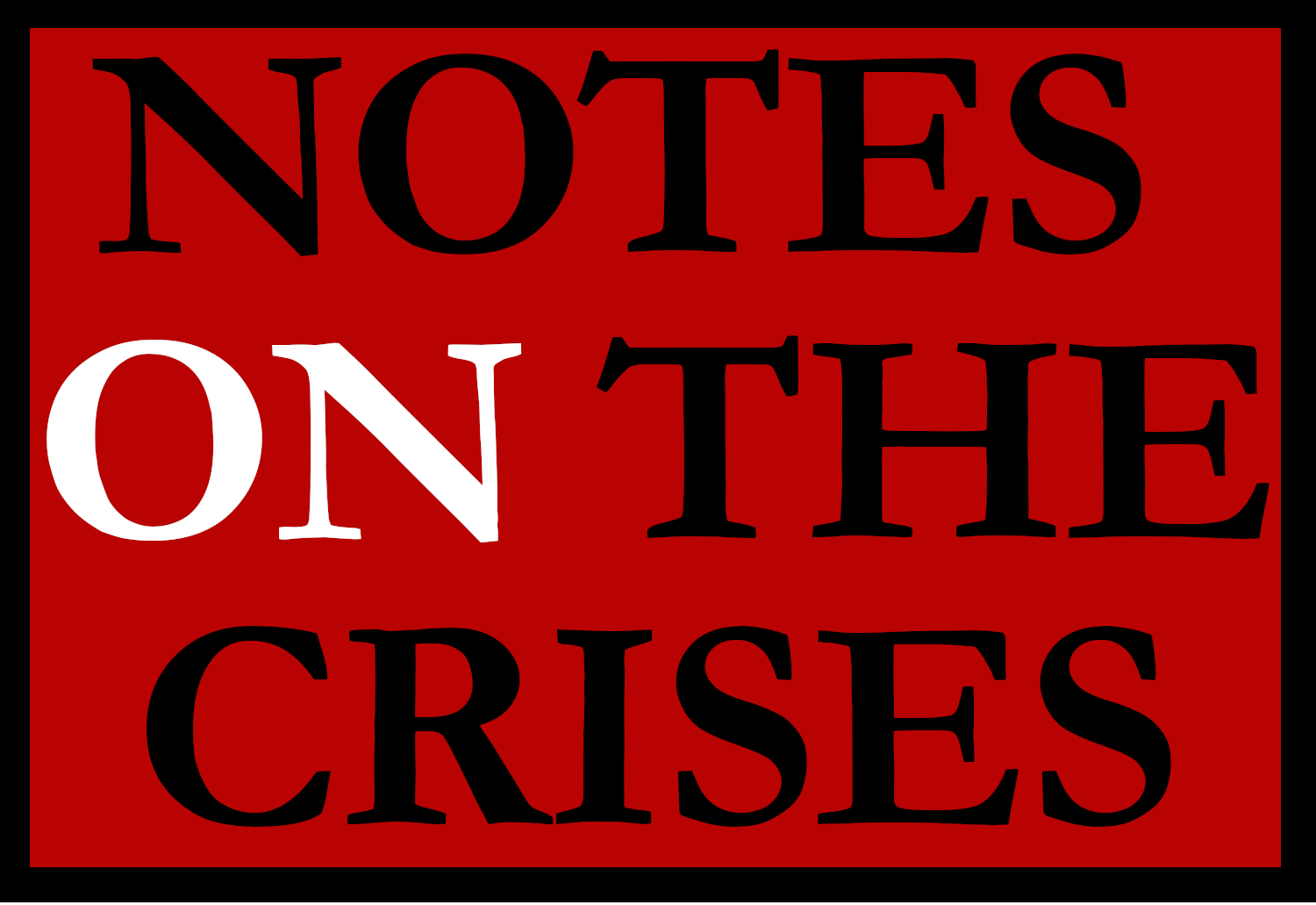Is it Legal for the Federal Reserve to Provide State & Local Governments Unlimited Credit Lines?


Five months ago I wrote an article making the case that state and local governments should issue their own complementary currencies to stabilize their financial situations. In that piece, I argued that these complementary currencies would be more successful if the Federal Reserve created swap lines, similar to the swap lines that the Federal Reserve offers foreign central banks, for these governments. In a separate piece making the case for the Federal Reserve offering swap lines to the International Monetary Fund, I ran through the Federal Reserve’s legal arguments for why it had the legal authority to offer central bank swap lines. My main criticism of the Federal Reserve for some time has been the lackluster pricing on the Municipal Liquidity Facility and the Fed’s relative neglect of state and local finances in its crisis response. As a result, I think it is important for me to bring these overlapping arguments into one place. The Federal Reserve has the clear legal authority, without invoking emergency 13.3 powers, to offer unlimited credit lines to state and local governments.
The first step of this question is often overlooked but is a plain matter of statute. Under section 14.2(b) of the Federal Reserve Act, the Federal Reserve has the power to buy and sell
bills, notes, revenue bonds, and warrants with a maturity from date of purchase of not exceeding six months, issued in anticipation of the collection of taxes or in anticipation of the receipt of assured revenues by any State, county, district, political subdivision, or municipality in the continental United States
This is clearly authority to buy and hold state and local government liabilities. The problem, of course, is the maturity dates. As I wrote a number of months ago, many of the congressional proposals to expand state and local government debt purchase authority in the Federal Reserve Act are centered around expanding the maturity ranges that the Federal Reserve can purchase. I think the obsession with maturity ranges overlooks the power of the Federal Reserve’s ability to make credible commitments. While commitments to generate higher inflation are vague, lack clear causal mechanisms and have no specific audience, a commitment to roll over short maturity debts at certain specified prices is specific and clear. In this way the Federal Reserve can essentially “synthetically” create securities of any maturity.
Want a 30 year security paying 3% interest? Promise to purchase a 3 month IOU and purchase a new one at the same price when the first one “rolls off”. Alternatively, have a local government issue a security that continues to accrue interest after maturity and commit to holding the security for 30 years. Whatever the specific structure, the point is that the Federal Reserve has an unbounded capacity to create U.S. dollars and, when combined with a believable and credible commitment, it can effectively create securities of whatever maturity necessary out of its ability to buy local and state securities with nominally short maturities.
The other element of offering unlimited credit lines to state and local governments is account-based financial products. This is trickier. The Federal Reserve (as far as I’ve been able to see from statute) doesn’t have the authority to offer accounts to state and local governments. There are proposals to make Federal Reserve accounts available to everyone but I find it especially absurd that state and local governments have to deal with fees and substandard payment services from commercial banks. There is no public purpose, even in principle, from denying them access to these payment systems. Nonetheless, this doesn’t interfere with providing unlimited credit lines to state and local governments. The Federal Reserve can simply create a special reserve account for the fiscal agent (i.e. banker) of the state or local government while the fiscal agent, in turn, creates a special checking account for the state and local government.
Thus, the fiscal agent would serve as a pass-through entity, intermediating the relationship between the Federal Reserve and the local government. It’s relevant here that the recent push for creating local public banks would facilitate this process greatly. That is, while a state or local government may not themselves have the authority to get a reserve account, they can create a corporation which gets a bank charter and gains federal reserve membership which will then be granted a reserve account. In any case, the state or local government could draw on their credit line as needed and the Federal Reserve can rollover, or simply continue holding, the state or local government’s IOUs.
Thus, while slightly more complicated than unlimited Central Bank Liquidity Swap Lines, unlimited State And Local Government Credit Lines are clearly within the Federal Reserve’s statutory authority. Moral hazard can be dealt with in the credit line agreement. For example, an agreement might require the state and local government not to cut spending in aggregate during the recession. Such an agreement could require the government not to pursue tax increases during the recession. Maintaining access to the credit line would be a sufficient incentive to follow the agreement. Of course, some will not like the Federal Reserve’s direct involvement in fiscal decisions. However, I’d argue that the Federal Reserve is compelling state and local austerity by not providing this kind of monetary support.
Whatever one’s position on the desirability of using such a tool, it is clear that the tool is statutorily legal. More importantly, it is a tool with clear legality that doesn’t require emergency authority and thus can be used in the Federal Reserve’s normal toolbox for monetary policy. In fact, I suspect that the Federal Reserve will end up using this tool, or something like it, in response to additional economic fallout from the Coronavirus Depression or in the recession that follows it. Perhaps they will be granted the statutory authority to buy longer maturity securities, thus avoiding using this ultimately more powerful tool. I think they should have already deployed this tool, and in general the relative unattractiveness of the Municipal Liquidity Facility is a dereliction of duty.
Federal Reserve officials rightly say that it doesn't make sense to avoid lowering interest rates when the economy needs demand support simply to be able to lower interest rates by larger degrees during recessions. Neel Kashkari recently reaffirmed this point of view on Bloomberg’s Odd Lots. Yet this is exactly how the Federal Reserve has been approaching credit policy when it comes to state and local governments. They need to stop holding these powers in reserve, waiting for an even “worse” situation.. There are such special and additional benefits to this tool in our current circumstances. It might have even prevented premature reopening. The Federal Reserve can provide unlimited credit lines to state and local governments, and it should do so now.
Subscribe to Notes on the Crises
Get the latest pieces delivered right to your inbox
